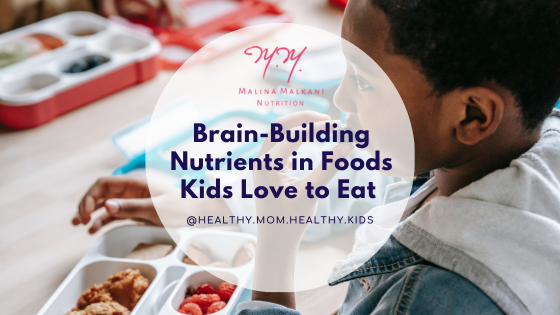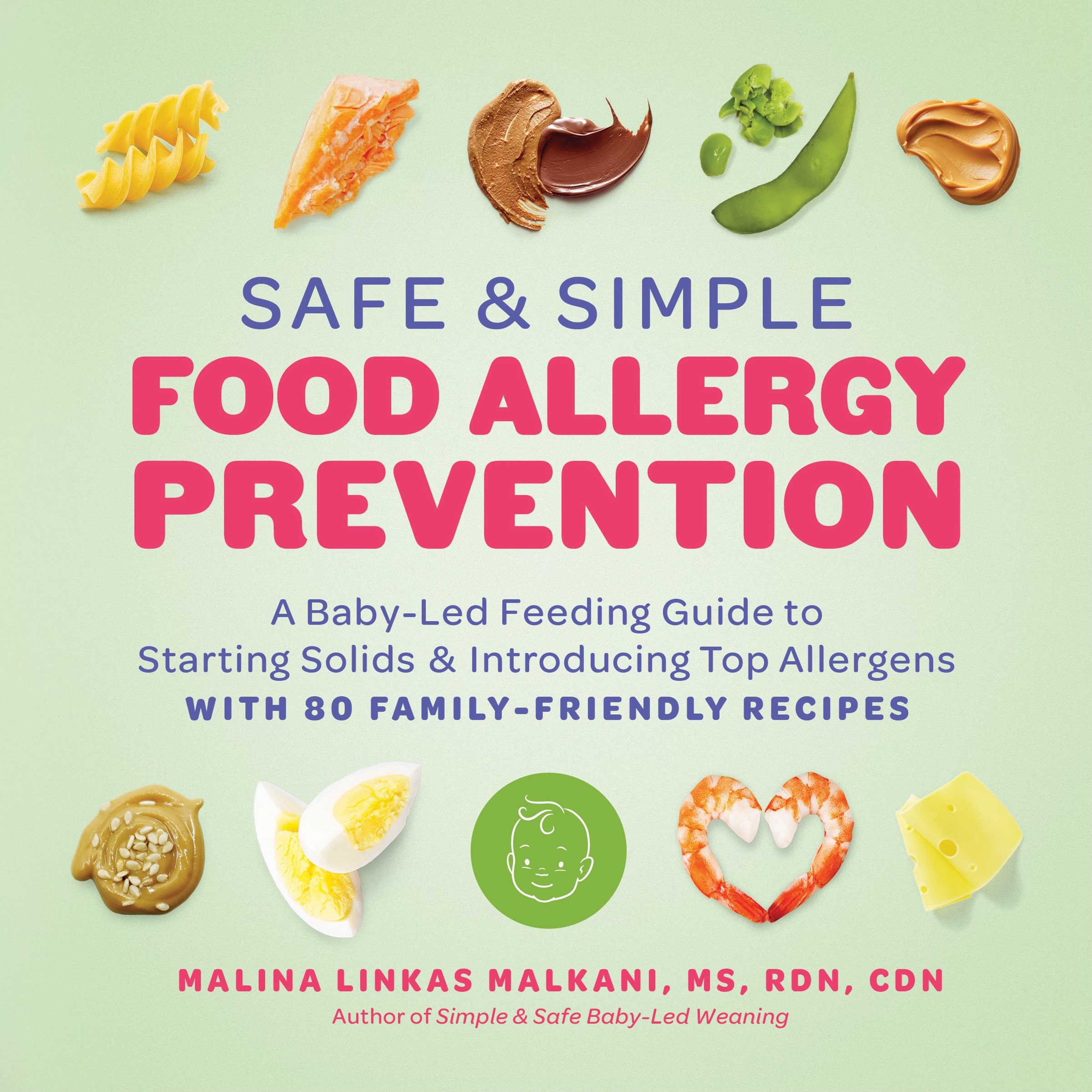How to serve avocado to a baby or toddler
When your baby starts solids, deciding which food to serve first can be both thrilling and nerve-wracking. If you’re doing baby-led weaning (in other words, offering finger foods from the family table for self-feeding), aim for nutrient-dense options that are soft and easy for your baby to mash down with their gums.
Wedges of ripe avocado are an ideal example. Pureed or mashed avocado served on a spoon works well too, if your baby is starting with purees.
In this post, we’ll explore why avocado baby food is such an ideal option for both babies and toddlers and how to serve avocado during these early years of life.
Why are ripe avocados an ideal first food for babies?
Avocados are an amazing source of healthy monounsaturated fats, fiber, and almost 20 different vitamins, minerals, and phytonutrients, including magnesium, potassium, iron, B6, vitamin C, vitamin E, vitamin K, pantothenic acid, beta-carotene, and folate.
Let’s take a closer look at what this really means for your child’s overall health and growth…
How do avocados support a baby’s brain development?
Avocados are brimming with healthy fats that support infant brain development and overall growth. They also contain key nutrients like B vitamins (including B6, B12, and folate), vitamin C, vitamin E, vitamin K, omega-3 fatty acids, and monounsaturated fats, which are all associated with supporting cognitive function.
Healthy fats, including monounsaturated fats and omega-3 fatty acids, support proper brain function by improving neuroplasticity (the capacity of the brain to adapt based on new information and experiences). Your little ones are constantly expanding their knowledge, and healthy fats are vital to enhancing learning and memory.
Avocados also have the highest lipophilic total antioxidant capacity among fruits and vegetables and are rich in antioxidants, including beta-carotene, lutein, zeaxanthin, vitamin E, and vitamin C. (Check out this post on the benefits of vitamin C for babies for more information about this key nutrient.)
How does the antioxidant content of avocados affect brain development? Here are some potential benefits…
Antioxidants protect your baby’s healthy cells (brain, muscle, etc.) from environmental factors
They support the immune system and help fight off infections (especially important during flu season)
Antioxidants help decrease inflammation
The composition of avocados (a matrix of unsaturated oil and water) helps enhance the body’s absorption of other important nutrients (e.g. carotenoids - an important antioxidant that may help support eye health and brain development)
Additionally, avocados are rich in lutein, an antioxidant carotenoid that plays an important role in the growth of a baby’s brain. Studies show that lutein has positive impacts on brain activity when learning and brain efficiency.
Looking for easy ways to incorporate brain-building nutrients into meals and snacks for your family? Check out this post.
How do avocados support a baby’s eye health?
As avocados have a combination of monounsaturated fats and water, they can help the body absorb carotenoids from other fruits and vegetables.
Among the carotenoids, lutein and zeaxanthin (both plentiful in avocados), are the only 2 carotenoids that can enter the retina of the eye. After entering the retina, lutein and zeaxanthin are the body’s line of nutrient-based defense against oxidative stressors, which supports sight and eye function in people of all ages.
Avocados are also rich in omega-3 fatty acids, which is an essential nutrient that is especially important in the first year of life for visual development. These healthy fats prevent inflammation, loss of eye cells, and breakdown of the retina, all of which help encourage the development of a baby’s eyesight during these early months and years of life.
How do avocados support digestive health?
Avocados are filled with dietary fiber—both soluble (about ⅓) and insoluble fiber.
Dietary fiber seems like a magical solution for so many dietary issues - but for good reason. Dietary fiber helps lower cholesterol levels and control blood sugar, and it functions as a prebiotic.
Dietary fiber can even help normalize bowel movements. Since the body cannot absorb or digest fiber, it leaves intact through your digestive system, providing additional bulk or gelatinous texture to stool and helping with both constipation and/or diarrhea. Soluble fiber will disperse in water to create a gel-like substance which may help lower blood cholesterol and glucose levels whereas insoluble fiber acts to support movement through the digestive tract, increasing stool bulk.
Avocados have a perfect balance of both fibers, which helps your baby or toddler maintain regular bowel movements and supports their overall health.
How to serve avocado to a baby or toddler?
Avocados are jam-packed with healthful nutrients and characterized by their versatility. The creamy texture, mild flavor, and nutrient density of ripe avocados make them an ideal early food for babies. In addition to the above suggestions, introduce avocados in a variety of ways to babies and toddlers, including…
Avocado puree, served on a spoon (can use a bit of breast milk or formula to thin it out into a smooth puree)
Chunky, mashed avocado, served on a spoon
Wedges of ripe avocado for self-feeding (include half of the skin for easier gripping)
Avocado slices rolled in hemp, chia, or flax seeds for easier gripping
With added lemon juice or lime juice to prevent browning and introduce acidic flavors to your baby
If you are interested in learning more about how to prepare avocados for babies, here’s a baby-led weaning avocado hack that will help.
Click HERE for a blog post on how to offer avocado during baby-led weaning with a series of simple, easy recipes perfect for self-feeding.
If you’re getting ready to start your baby on solids, download my FREE Baby-Led Feeding Essential Checklist to ensure you have everything you need to get started. You might also want to check out my new online course for parents, based on my best-selling book, which will walk you through the whole process of starting solids using a baby-led approach.
If you’re interested in learning more about starting solids, baby-led weaning, and preventing food allergies, check out my new baby-led feeding cookbook!
And if you're looking for personalized nutrition support, I am currently accepting new clients in my virtual private practice. Thanks for reading!
Thank you to my Dietetic Intern, Sarah Liao for her contributions to this blog post.







